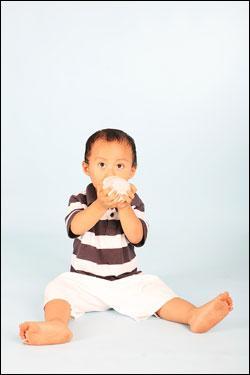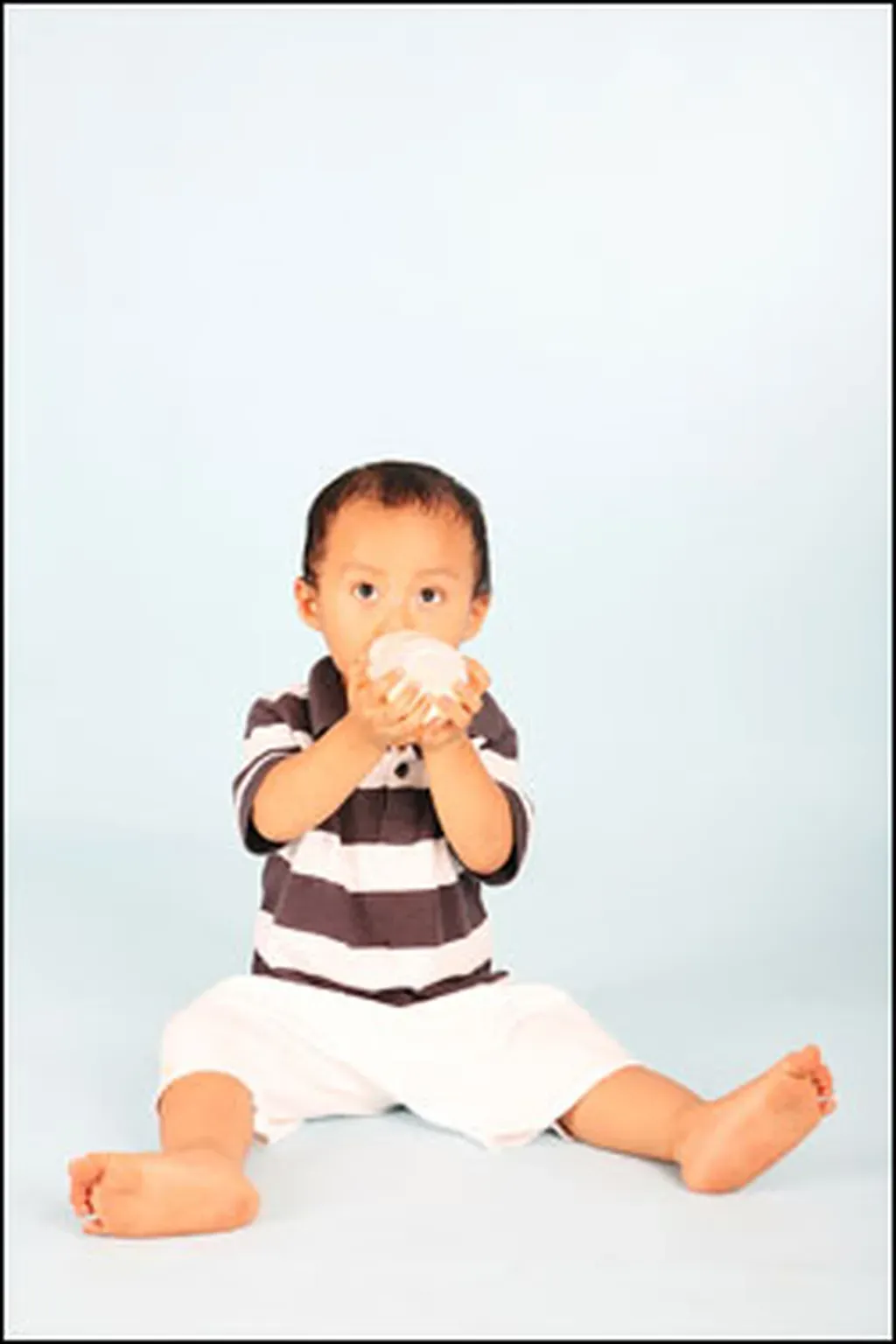Did you know your baby’s teeth are at risk for decay as soon as the child is born? One of the biggest causes of tooth decay in infants and toddlers is known as baby bottle tooth decay.
How to Avoid Baby Bottle Tooth Decay
Did you know your baby’s teeth are at risk for decay as soon as the child is born? One of the biggest causes of tooth decay in infants and toddlers is known as baby bottle tooth decay.

Baby bottle tooth decay occurs when the baby’s teeth are exposed for extended periods of time to liquids that contain sugar, such as juice, sweetened water and potentially milk or formula. The sugars in these drinks feed the bacteria in plaque that accumulate around the baby’s teeth and gums. Like adult teeth, each time a child drinks these beverages the acids attack the teeth for 20 minutes or longer, and multiple attacks can cause cavities and decay.
The good news is that baby tooth decay is very preventable. Here are a few ways parents can help keep tooth decay at bay for their little one.
- Wipe your baby’s gums with a clean, damp cloth after every feeding to remove plaque and leftover foods.
- Never coat the baby’s pacifier in sweeteners, such as honey or jam.
- When your child’s first tooth erupts, brush it gently with a child-sized toothbrush and water. Check with Little Harpeth Children’s Dentistry before using any type of fluoride treatment.
- Only serve juice and other sugary drinks at mealtime.
- Infants should always finish their bottle prior to napping or going to bed.
- Introduce training cups for drinking by 12 months of age.
- Promote a healthy, well-balanced diet, and limit foods that contain sugars, which contribute to decay.
- Schedule your child’s first appointment with your [location] dentist by his or her first birthday.
It’s never too early to start taking care of your baby’s teeth and gums. Pay special care to your baby’s mouth now, and always contact Little Harpeth Children’s Dentistry with questions or at the first sign of a problem.

